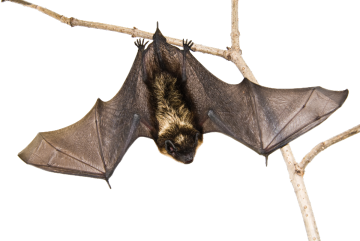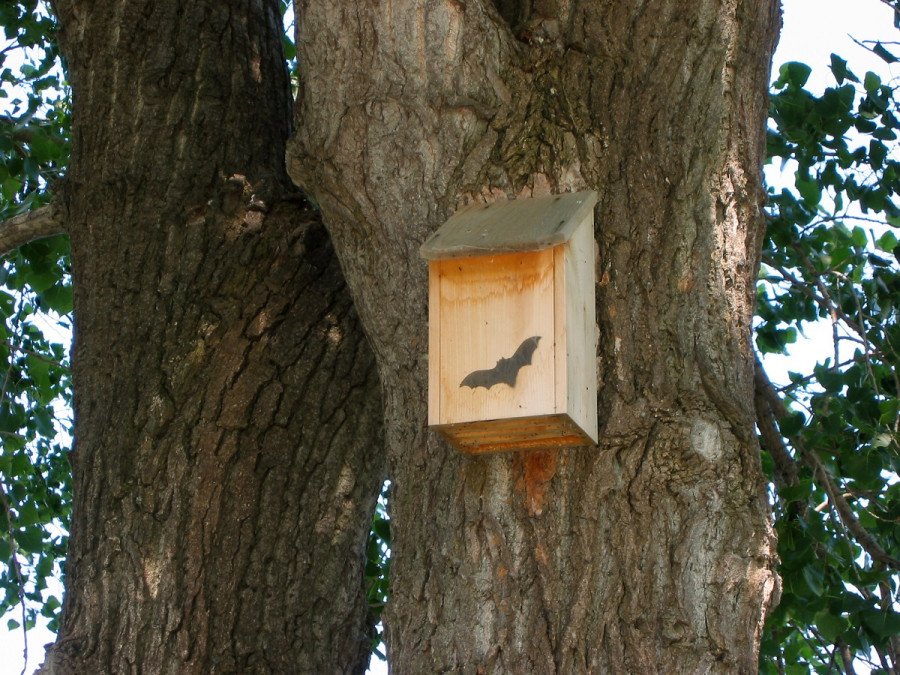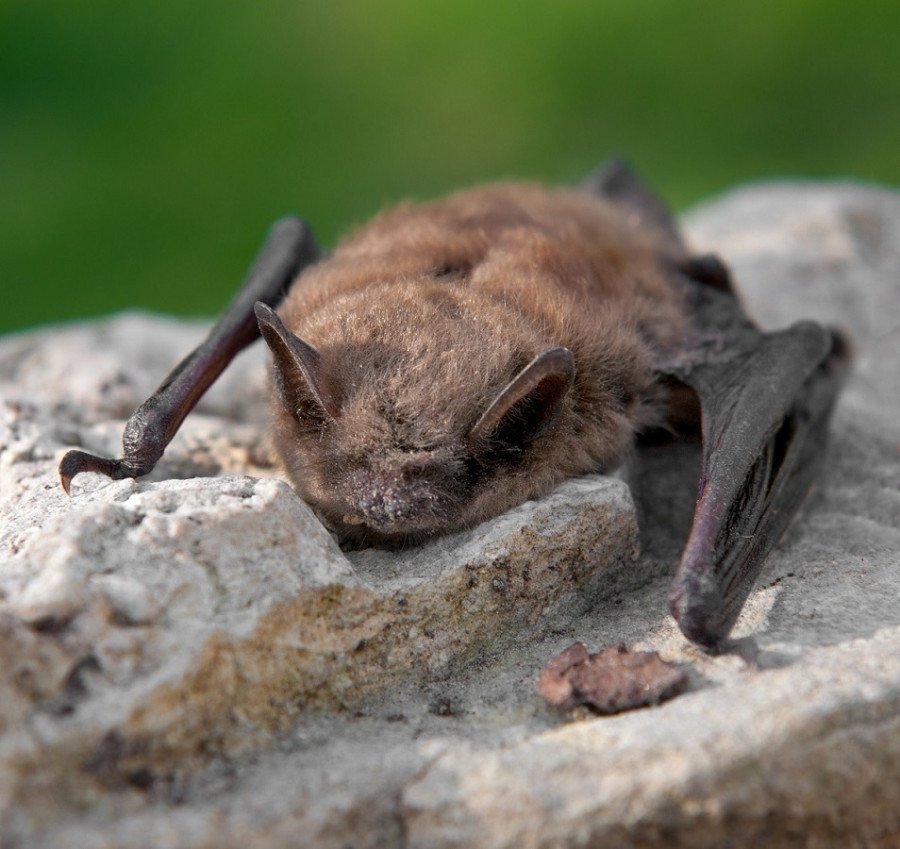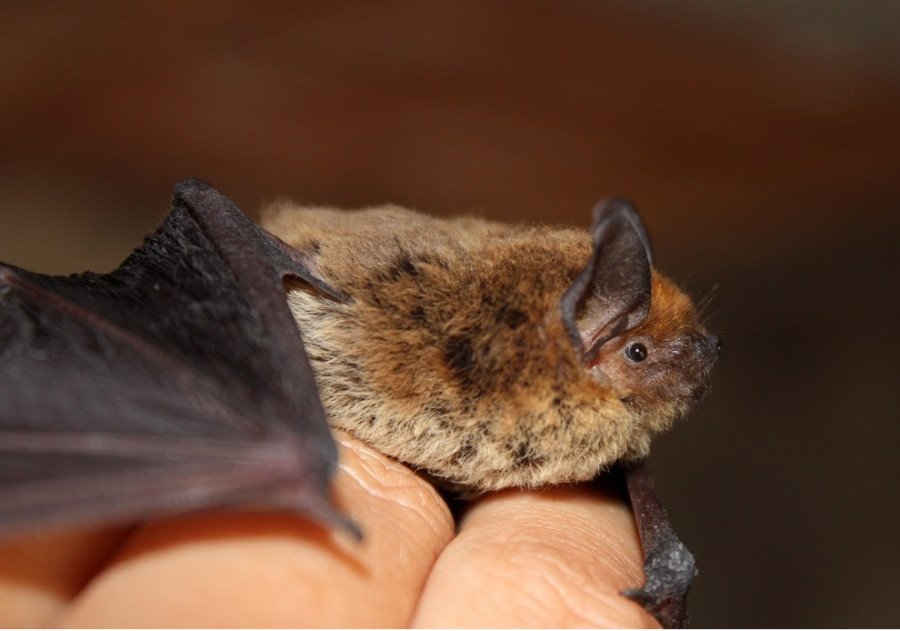Bat protection
Through discussion, games and creating skits, students learn about bats, their role in the wild and farm ecosystems, and how humans can protect them.
- Grade 3
- 3 activities
- 1.5 hours

Big idea
Grade 3 Science
- Living things are diverse and interact in their ecosystems.
- There is biodiversity in the local environment.
Learning objectives
- Understand the role of bats in wild and farm ecosystems.
- Explore actions humans can take to protect bats.
- Share information about protecting bats with others.
Activities

Bat skits
Create and perform skits to teach others about protecting bats.

Bats and biodiversity
Discover fun facts about bats, and their role in our ecosystems.
BC curriculum fit
Grade 3 Science
Big idea
- Living things are diverse, can be grouped, and interact in their ecosystems
- Sample questions: What is biodiversity? Why is biodiversity important in an ecosystem? Interconnectedness means that all things are related to and interact with each other in the environment
Content
- Biodiversity in the local environment
Curriculum competencies
Questioning and predicting
- Demonstrate curiosity about the natural world
- Make predictions based on prior knowledge
Processing and analyzing data and information
- Experience and interpret the local environment
Grade 3 Physical and Health Education
Big idea
- Daily participation in physical activity at moderate to vigorous intensity levels benefits all aspects of our well-being
Curricular competencies
Physical literacy
- Develop and apply a variety of fundamental movement skills in a variety of physical activities and environments
Grade 3 Arts Education
Big idea
- Dance, drama, music and visual arts are each unique languages for creating and communicating.
- The arts connect our experiences to the experiences of others.
Content
- Elements in the arts: drama: character, time, place, plot, tension
Assessments
- Assess student participation in the activities.
- Assess students’ understanding of bats as part of our ecosystems.
- Assess understanding of how protecting bats and bat habitat can be helpful for farmers.
- Assess student understanding of bat conservation through the content of their skits.
Background info
Bat facts
Learn more about the little brown bat here, which is good for showing on a screen. Additional information on little brown bats can be found on Hinterland Who’s Who.
Good news
Bats can eat up to their own body weight in insects each night and have been shown to have a positive contribution to pest control for farmers and their crops. This article explains how Tony and Betty Koch, farmers in Oregon, attracted 54 species of birds and a growing colony of little brown bats to their property to significantly reduce their use of pesticides.
Endangered species
The little brown bat (Myotis lucifugus) is on the endangered species list and needs our protection. Learn more at the Canada’s Species at Risk registry.
Pesticides
Pesticides are used to kill, repel, or control plants or animals considered to be pests, but can have harmful environmental impacts such as:
- Impacting climate change through the manufacturing and application process.
- Contaminating soil and causing air pollution.
- Polluting streams, ponds, lakes, and wells.
- Leaving residue in surface water that can harm plants, animals and contaminate groundwater.
There are various techniques farmers are using to decrease the use of pesticides like:
- Companion planting: marigolds keep away many insects.
- Crop rotation.
- Planting a variety of species.
- Introducing ladybugs to control aphids.
- Attracting birds and bats with nesting boxes.
For more information, check out alternatives to pesticides.
BC Hydro and species protection
BC Hydro continues to work on protection of a variety of species, including federally and provincially listed species and their habitats under the Fish and Wildlife Compensation Program (FWCP) and Water Use Plans (WUP).
There is Bat Enhancement Planning and Inventory at Buntzen, Alouette, and Lower Steve/Hayward Lakes. For more information, see the list of species-at-risk and how it's been addressed.


